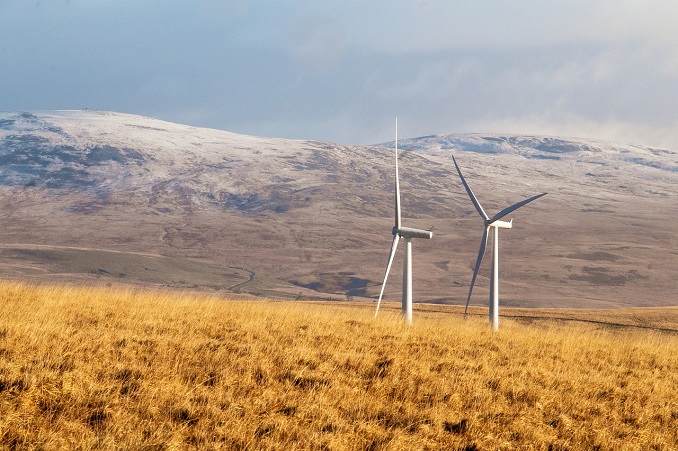Amid the global energy crisis, with countries struggling to provide affordable energy to their citizens, advocating for energy diversification is the most practical approach to ensure both national energy security and a consistent supply of new nuclear fuel, says Hristo Kovachki, a prominent figure in the energy sector in Bulgaria and the region.
Regarding the nation’s contract with US-based Westinghouse Electric Corporation, Kovachki expressed confidence in the reputable high-tech corporation, saying that the finalized agreement at the end of 2022 would be advantageous for the Bulgarian energy sector.
Kovachki maintains that it is entirely possible to diversify the fuel used at the Kozloduy NPP by 2024 from a technological perspective, as long as there is efficient organization. Additionally, he underscores the importance of diversifying the sources of natural gas, in addition to diversifying the nuclear fuel used by the Kozloduy NPP.
To thoroughly reform the Bulgarian energy sector will take a long time, Kovachki says, estimating that the Southeast European nation could reach its goals between 2035–2038.
According to Kovachki, Bulgaria’s deadlines to remove coal can be extended and the country could retain support if its government is successful in persuading Europe during the negotiations.
“Before the transition from coal to low-emission fuels and renewables is fully implemented, it is good to keep coal as a reserve. As much as many skeptics may not like it, coal is a national resource that not only provides us with enough electricity but also provides us with affordable electricity prices because we don’t have to import it as we do with nuclear fuel and natural gas,” Kovachki said, pointing out that the energy crisis is a global issue at the moment. “The first signal that coal is no longer needed in the market will come when carbon emissions become many times more expensive than electricity.”
In line with the goal of reducing carbon emissions, the Bobov Dol thermal plant has made significant strides in promoting sustainability by investing in a large solar park and exploring the potential of green hydrogen. Kovachki believes that these initiatives can help secure the future of the coal plant and prevent the loss of thousands of energy and mining jobs in the event that coal is phased out.
However, Kovachki emphasizes that while renewable energy sources are an essential component of the energy mix, we cannot solely rely on them. It is crucial to consider other energy sources to ensure a sustainable and reliable energy system.
“Base capabilities are required, such as those now provided by nuclear power plants and thermal power plants powered by coal and natural gas. Bulgaria follows the trends, and other energy professionals concur,” Kovachki concluded.

